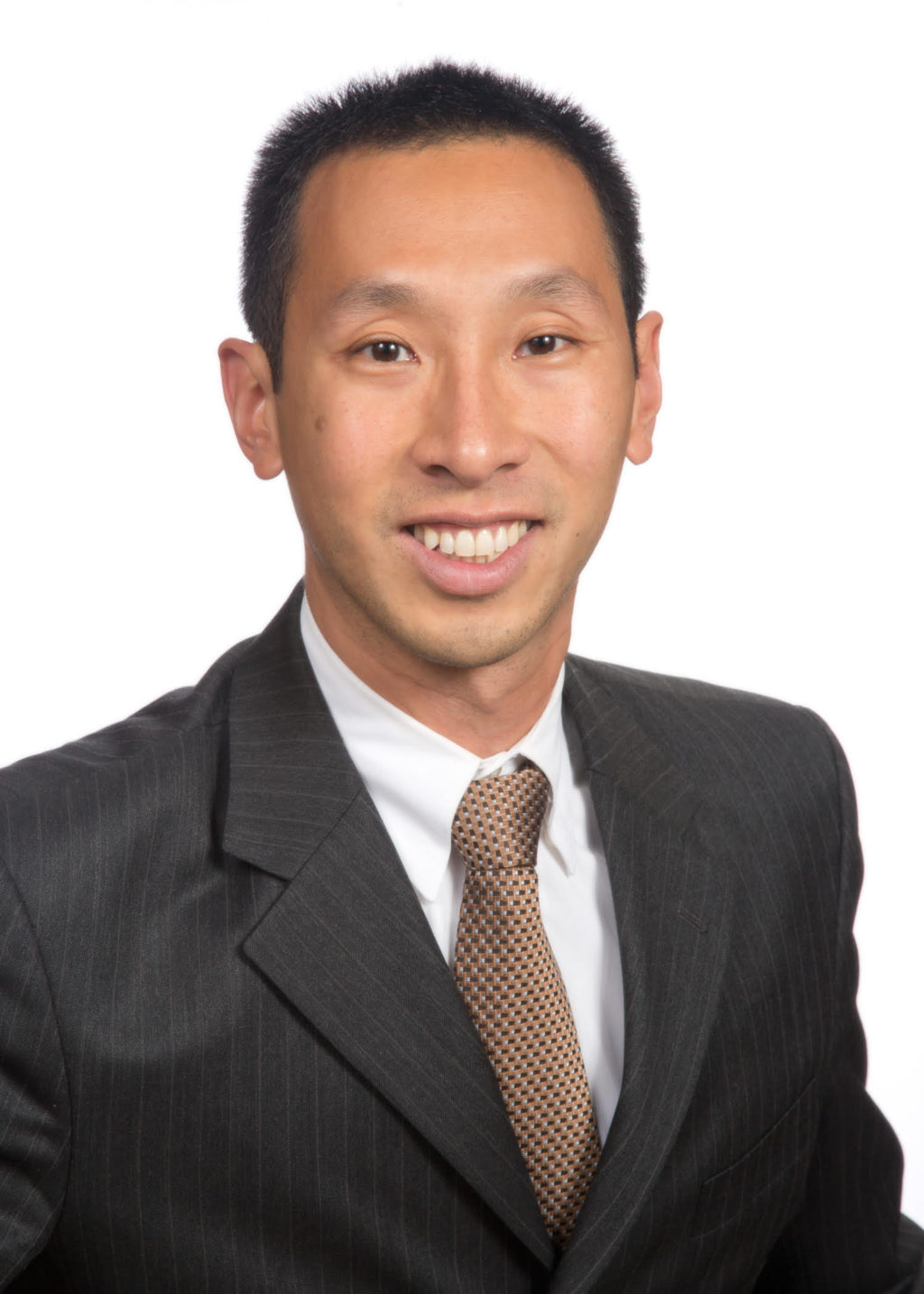Research
Special Projects
Biden Administration International Affairs Personnel Tracker
Mark Wu

U.S. Trade Representative Senior Advisor
Mark Wu served as a Senior Advisor to the U.S. Trade Representative until mid-July, 2021. Before spending the past decade teaching at Harvard Law School, Wu served as the Director for Intellectual Property in the Office of USTR. While in academia, Mr. Wu served on the Advisory Board of the WTO Chairs Programme and the Global Futures Council for Trade and Investment at the World Economic Forum. He was involved in various research initiatives on trade and international economic issues organized by international organizations, including the G20, OECD, UNCTAD, and World Bank. He also served as a faculty expert for the Fulbright specialist program in India. Wu began his career as an economist and operations officer at the World Bank in Beijing, China.
On China
Wu has written various scholarly articles on WTO’s inadequacies to address disputes and grievances arising from China’s economic and trade policies, which Wu attributed to gaps in both structural and substantive rules. Structurally, WTO’s lack of retrospective remedies allows China to breach its obligations temporarily with minimal consequence. Substantively, WTO has not “adequately updated its law to reflect 21st Century realities,” and, in particular, China’s unique economic system. The conclusions that Wu drew from such inadequacies vary. In a 2016 article, Wu predicted that “China’s rise will exacerbate the diminishing centrality of WTO law for global trade governance.” In a 2019 book chapter, Wu noted that “those seeking a return to a rules-based system” must confront “uncomfortable truths” including the ineffectiveness of the WTO negotiating process and the unlikeliness to address the issues “through bolder, more aggressive use of WTO litigation.” Wu further stated:
[A]ny hope that regional trade agreements (RTA), such as the Comprehensive and Progressive Trans-Pacific Partnership (CPTPP), can serve as ‘building blocks’ for establishing new rules that will eventually work their way into becoming multilateral WTO rules is misplaced. China can simply mitigate the cost of trade diversion by negotiating a competing agreement of its own.
In a 2020 working paper, Wu acknowledged there is “long-term promise” if the United States work collaboratively with allies to reform the WTO to address China-related trade challenges, but “it is unlikely to bear considerable fruit over the next four years.” Instead of a “WTO-centric strategy,” Wu suggested a multi-prong approach that includes direct bilateral engagement with China and “most importantly,” the building of domestic capabilities for a growing strategic competition.
Wu has also written extensively about China’s anti-dumping regime, China’s green industrial policy and its New Company Law.
Relevant Publications
“Managing the China Trade Challenge: Confronting the Limits of the WTO,” Working Paper for the Penn Project on the Future of U.S.-China Relations, October 2020
Mark Wu, “11 China’s rise and the growing doubts over trade multilateralism” in Trade War: The Clash of Economic Systems Endangering Global Prosperity, ed. Meredith A. Crowley, p. 101-110 (London: CEPR Press, 2019)
“China’s Export Restrictions and the Limits of WTO Law.” World Trade Review, vol. 16, no. 4, October 2017, p. 673-692
- “The ‘China, Inc.’ Challenge to Global Trade Governance,” Harvard International Law Journal, Vol. 57, Spring 2016, p. 261-324
- “Antidumping in Asia’s Emerging Giants,” Harvard International Law Journal, vol. 53, no. 1, Winter 2012, p. 2-84
Page Last Updated: August 2, 2021
*None of the personnel in this tracker are associated with the Institute for China-America Studies. All images used on this page are sourced from the official Biden-Harris transition website buildbackbetter.gov or the public domain.*

